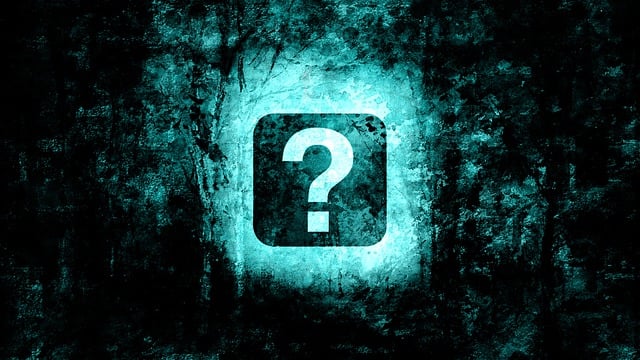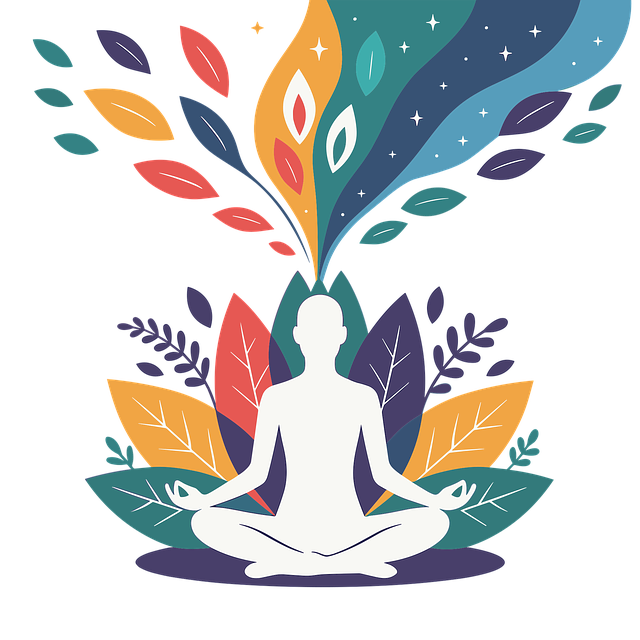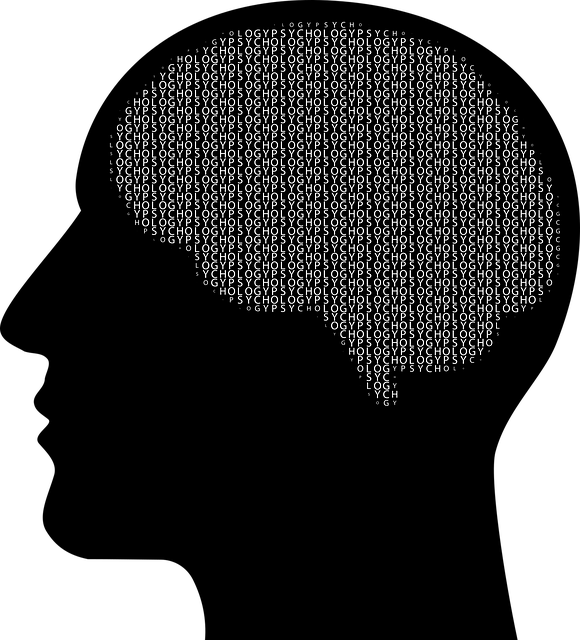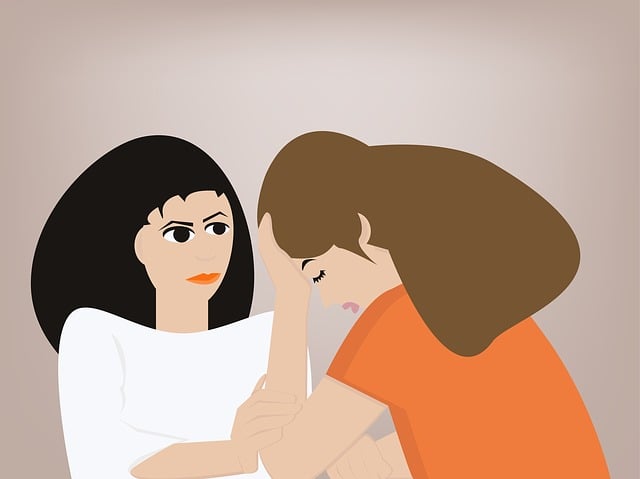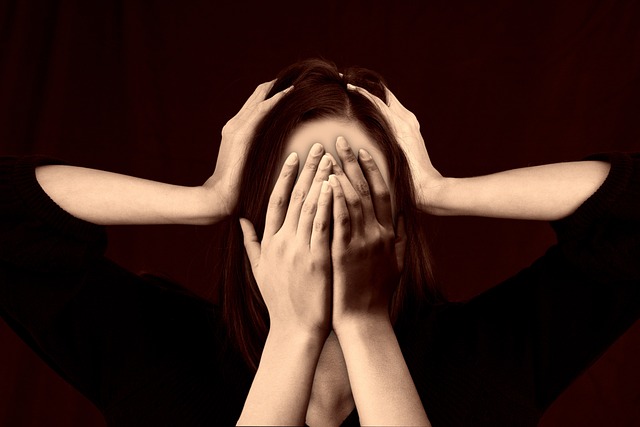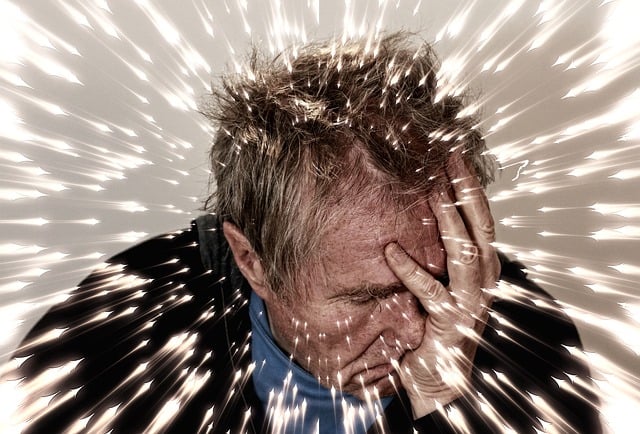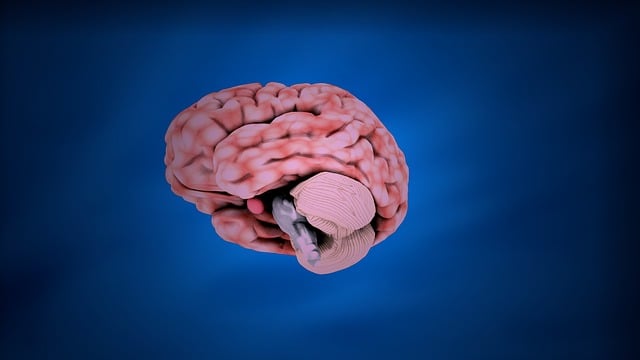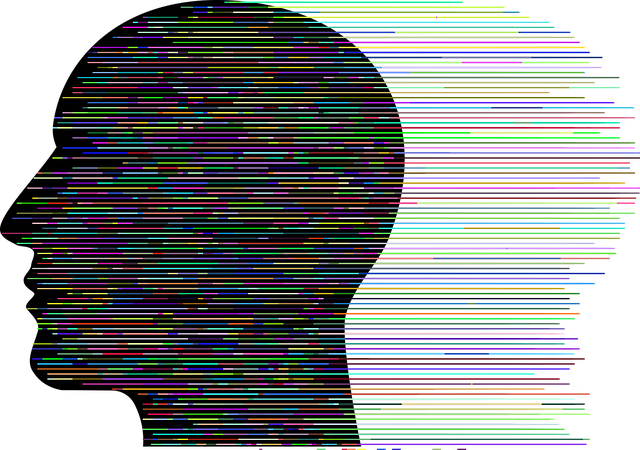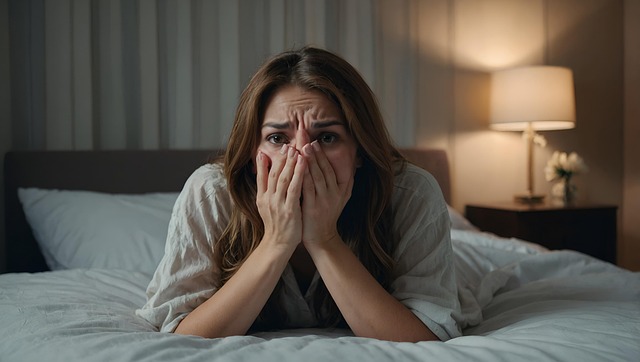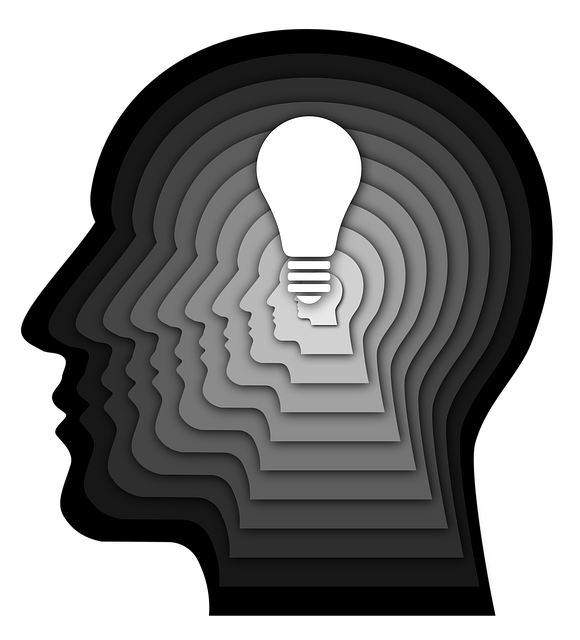Mental health challenges among elders and men often go unnoticed due to societal norms and stereotypes. Elderly individuals in remote areas face barriers to therapy, such as limited mobility or digital literacy, hindering access to virtual healthcare solutions. Men, socialized to suppress emotions, suffer from undiagnosed mental health issues at higher rates. Depression prevention strategies tailored for these demographics are crucial for early intervention. Cultural competency training for healthcare providers is essential to address disparities and encourage open dialogue about mental wellness. The mental wellness app market lacks tailored solutions for older adults' unique needs, particularly regarding age-related cognitive changes and social isolation. There's an urgent need for innovative apps that incorporate CBT adapted for elders, user-friendly interfaces catering to varying digital literacy levels, and easy access to geriatric mental health specialists. Key features should include customizable self-care practices, secure messaging, and video conferencing, fostering trust and privacy. Mental wellness apps offer diverse monetization strategies, with immense potential driven by global awareness of mental health.
In today’s digital age, mental wellness apps offer a promising avenue to address specific challenges faced by elder men, a demographic often overlooked in traditional therapy settings. This article delves into the crucial topic of developing targeted solutions for their unique mental health issues. We explore the growing need for such apps, analyzing market gaps and existing limitations. Key features, technical considerations, monetization strategies, and future prospects are discussed to illuminate the path towards effective digital therapy for elders men’s concerns.
- Understanding Mental Health Challenges Among Elders and Men
- Market Gap Analysis: Existing Apps and Their Limitations
- Key Features for a Therapy App Targeting Elder Men
- Technical Considerations and Development Process
- Monetization Strategies and Future Prospects
Understanding Mental Health Challenges Among Elders and Men

Mental health challenges among elders and men often go overlooked due to societal norms and age-related stereotypes. Elders, particularly those in remote or rural areas, may face barriers in accessing therapy and support services due to limited mobility or a lack of digital literacy, which is increasingly important in today’s digital era for virtual healthcare solutions. Men, on the other hand, are socialized to suppress emotions, leading to higher rates of unaddressed mental health issues. Depression prevention strategies tailored to these demographics are crucial, as early intervention can significantly enhance emotional healing processes.
Cultural competency training for healthcare providers is essential in addressing these disparities. Understanding the unique challenges faced by elders and men within diverse cultural contexts enables professionals to offer more personalized care. By integrating these insights into therapy sessions, providers can foster safer spaces that encourage open dialogue about mental wellness issues, thereby promoting better outcomes for those seeking support.
Market Gap Analysis: Existing Apps and Their Limitations

The mental wellness app market has seen significant growth, yet a profound gap remains in tailored solutions for older adults’ specific mental health needs. While numerous apps offer general stress management or mindfulness practices, few cater exclusively to the unique challenges faced by this demographic, such as age-related cognitive changes and social isolation. Existing platforms often lack the depth and sensitivity required to address mens issues, especially when it comes to therapy and support for older male users who may face stigma or feel uncomfortable seeking help.
A thorough analysis of existing apps reveals limitations in their ability to provide personalized, evidence-based interventions targeted at elders’ mental health concerns. Many popular mental wellness apps focus on younger adults and do not incorporate the specialized knowledge required to effectively engage and support an aging population. This gap underscores the urgent need for innovative app design that incorporates proven therapeutic techniques, such as cognitive behavioral therapy (CBT) adapted for older adults, alongside user-friendly interfaces that cater to varying levels of digital literacy.
Key Features for a Therapy App Targeting Elder Men

When developing a therapy app tailored to elder men’s mental wellness, several key features can significantly enhance its effectiveness and appeal. First, incorporate customizable self-care practices that cater to their unique needs and preferences. This could include guided meditations, mindfulness exercises, and physical activity routines designed to promote stress reduction and overall well-being. Incorporating resources for self-esteem improvement is also crucial, given the potential for age-related confidence issues.
Additionally, ensure the app offers easy access to a network of healthcare providers with specialized knowledge in geriatric mental health. This can be achieved through robust search functionalities that allow users to filter by location, specialization, and cultural competency training—a vital aspect given the diverse backgrounds of elderly men seeking therapy. Interactive features like secure messaging or video conferencing should be seamlessly integrated for easy communication with these providers.
Technical Considerations and Development Process

The development of a mental wellness app tailored for older men’s unique needs requires careful consideration of technical aspects and a structured development process. Firstly, the app should integrate evidence-based therapeutic techniques such as cognitive-behavioural therapy (CBT) and mindfulness practices, which have proven effective in managing stress, anxiety, and depression among this demographic. Incorporating features like guided meditation sessions, mood tracking, and personalized recommendations for mental health resources can enhance its appeal.
In terms of development, a user-centric approach is vital. The app’s interface should be intuitive and accessible, catering to the potential visual or motor impairments that may affect older users. Features like voice commands, large font options, and simple navigation menus can improve usability. Additionally, ensuring data privacy and security is paramount. Implementing robust encryption methods and adhering to data protection regulations will build trust among users, especially those seeking sensitive mental health support for men’s issues, including stress management workshops or social skills training.
Monetization Strategies and Future Prospects

The monetization strategies for mental wellness apps are diverse, catering to a wide range of user needs and preferences. Many apps offer basic features for free to attract users and then implement premium subscriptions or in-app purchases for advanced tools such as personalized therapy sessions, medication reminders, or access to exclusive content focusing on emotional regulation and positive thinking. Another popular approach is partnerships with insurance providers, allowing users to claim back costs for app services, thereby encouraging adoption and usage.
Looking ahead, the future of mental wellness apps holds significant promise. As Mental Health Awareness continues to gain prominence globally, there will be an increased demand for digital solutions that address various aspects of emotional well-being. For instance, tailored therapy options for specific demographics like elders or men, who often face unique mental health challenges, can gain traction. By leveraging technology and data analytics, developers can create hyper-personalized experiences, ensuring that users receive the support they need to manage their mental health effectively. This could transform the way we approach emotional regulation, making it more accessible and efficient for a diverse user base.
The development of mental wellness apps, specifically tailored to address therapy for elder men’s issues, presents a promising avenue in healthcare innovation. By understanding the unique challenges faced by this demographic and analyzing existing app solutions, we can create effective tools that bridge the market gap. Incorporating essential features such as personalized content, secure communication, and mindfulness exercises tailored to older males can significantly enhance their mental health support. The technical considerations and monetization strategies outlined in this article provide a roadmap for developers, ensuring apps are not only impactful but also sustainable. With further exploration and development, these digital solutions have the potential to revolutionize access to therapy and improve the overall well-being of elder men.


